Composting & Its Benefits [The Ultimate Guide to Composting]

Did you know that up to 10% of global greenhouse gases come from food waste? That’s why composting at home is almost mandatory if you live in an urban setting with limited access to public gardens or farms.
Composting is an amazing way to give back to the environment.
It helps reduce the waste sent to landfills and provides valuable nutrients to the soil. It’s incredibly easy to do and doesn’t require much time or effort.
In this article, I’ll walk you through the composting process, and you’ll get all the information needed to get started!
Introduction to Composting
Composting is an environmentally friendly way to recycle organic material.
It’s the process of breaking down organic material, such as food scraps, yard waste, and paper products, into a nutrient-rich soil amendment.
You can compost in various ways, from a traditional compost pile to worms in a bin.
Composting has various benefits:
- Reduces the amount of waste produced
- Creates a valuable resource for your garden
- Reduces landfill waste
- Provides valuable nutrients to the soil
- Saves you money
It’s also a great activity to do with children, as they can learn about the environment and the importance of reducing waste.
Benefits of Composting
Composting is an environmentally friendly way to reduce waste. But it has many other different benefits as well.
First, it can improve soil quality and water retention, reduce erosion and weeds, and even suppress plant diseases.
Plus, composting can help reduce the amount of greenhouse gases released into the atmosphere. It breaks down organic material and reduces the methane gas that would otherwise be released.
Finally, composting helps to save money. By composting, you can reduce the amount of trash that needs to be collected and disposed of, saving you money on garbage fees.
Composting can also reduce the need for chemical fertilizers and soil amendments. That saves you money in the long run.
The Problem With Food Waste
The problem with food waste is that it rotates in landfills. It produces harmful greenhouse gases like methane and carbon dioxide.
So food waste is one of the most significant greenhouse gas emitters.
That’s why it’s essential to compost your food.
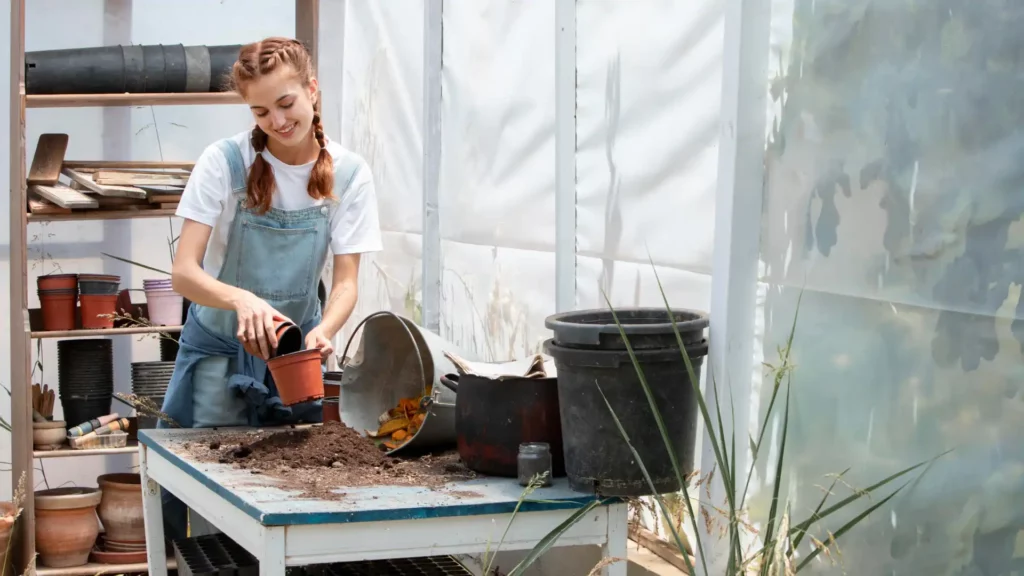
What Can Be Composted?
The most common items to compost are food scraps, such as fruits and vegetables, coffee grounds, tea bags, eggshells, and nutshells.
Other items, such as yard waste and paper products, can also be composted.
It’s important to note that you should not compost certain items, such as meat, dairy, and pet waste.
Keep in mind to separate compostable items from non-compostable items.
It’s also essential to ensure that the items are small enough to break down quickly.
When composting, it’s best to chop or shred items into small pieces before adding them to the compost pile.
How to Start Composting
Starting a compost pile is relatively easy and doesn’t require a lot of time or effort.
Step 1. Decide On The Location.
The first step is to decide where you want to locate your compost pile.
While a shady area is generally recommended, in cooler climates such as in Canada, placing the compost under the sun during colder months can speed up the process.
You should also ensure that the area has good drainage and is not prone to flooding.
Step 2. Collect the Materials to Compost.
You will need to gather the materials you need to start composting.
This includes organic material, such as food scraps and yard waste, as well as a compost bin or container.
If you don’t have a compost bin, you can build one yourself with a few simple materials.
Step 3. Start to Compost.
Once you have gathered your materials, you can start composting.
The compost pile should be layered, with the organic material at the bottom and a layer of dirt or soil on top.
You should also add some water to the pile, as this will help to break down the material.
Building Your Compost Bin
If you don’t have a compost bin, you can easily build one.
You will need a few basic materials, such as wood, wire mesh, and screws.
You can also buy ready-made compost bins that are easy to assemble.
When building your compost bin, ensure that the materials used are not treated with chemicals. This can contaminate the compost.
The bin should also be large enough to hold all the organic material you plan to compost.
You should also make sure that the bin has good drainage. This will help keep the compost pile from getting too wet or dry.
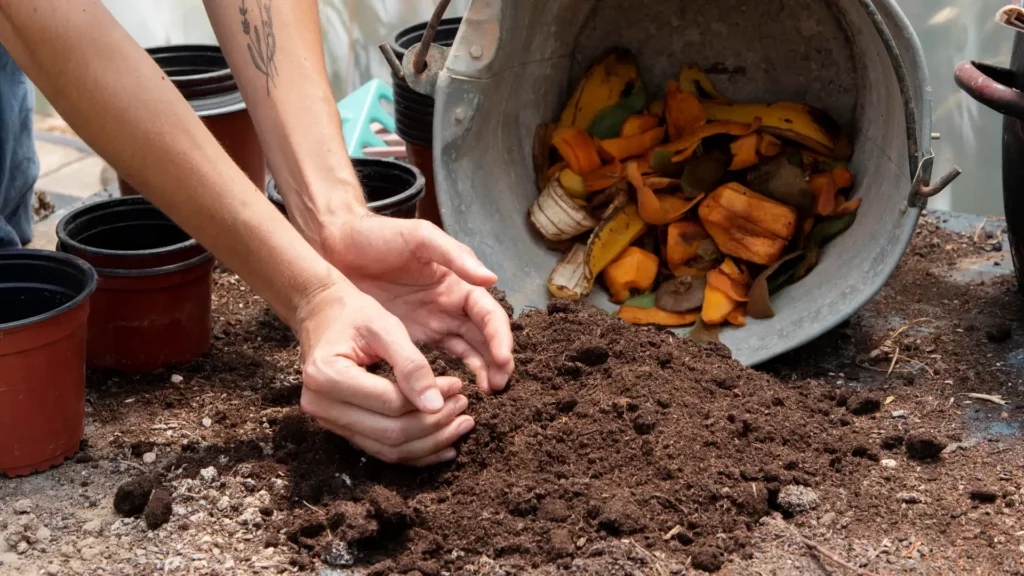
Types of Composting
There are a few different types of composting, each with their own benefits and drawbacks.
You can compost either outdoors or indoor. Everything depends on which type of composting you will do.
01. Traditional Compost Pile
It’s the most common type of composting.
This is the easiest and most efficient way to compost, as it requires little effort and can be done in any size space.
02. Worn Composting
It’s another popular method of composting.
This method uses worms to break down the organic material. You can do this in small spaces like a balcony or patio.
This method is great for those who don’t have a lot of space or don’t want to deal with a large compost pile.
03. Compost Tumblers
Here’s another option for those who don’t have a lot of space.
These are large containers that you can rotate to help break down the organic material.
This method is also great for those who want to compost but don’t have a lot of room.
Compost Maintenance
Once your compost pile is set up, it’s essential to maintain it properly.
The compost pile should be turned regularly, as this will help to aerate the pile and speed up the decomposition process.
You should also add water to the pile as needed to keep the material from getting too dry.
It’s also important to add nitrogen-rich material to the pile, such as grass clippings or kitchen scraps.
This will provide the necessary nutrients to help the compost break down.
You should avoid adding meat, dairy, or pet waste to the pile, as these can attract pests.
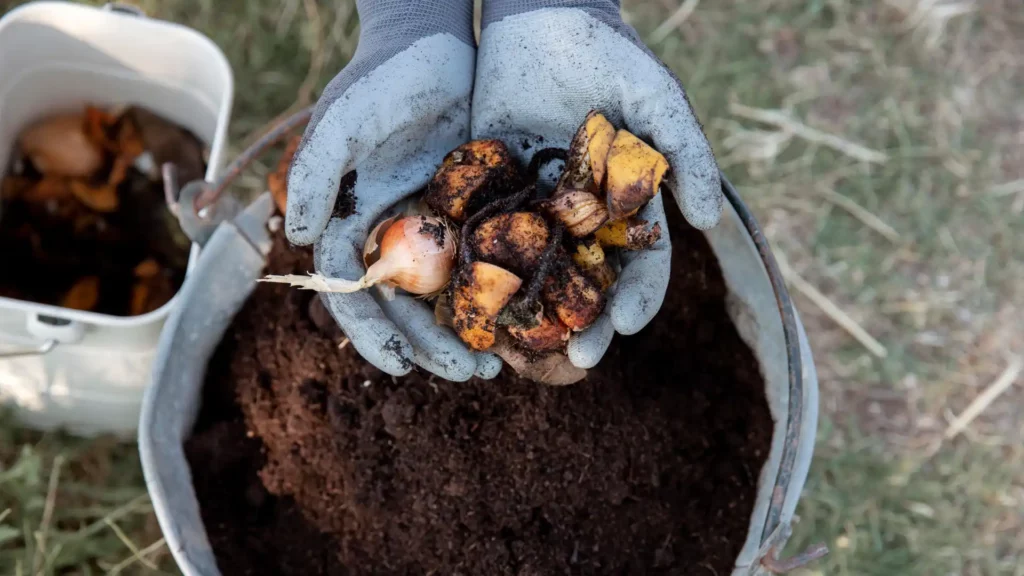
Troubleshooting Common Composting Problems
Composting can be a challenge, and there are a few common problems that can arise.
Too Wet/Too dry
One of the most common problems is a compost pile that is too wet or too dry.
If the pile is too wet, it can lead to anaerobic decomposition, producing unpleasant odors.
If the pile is too dry, it can slow down the decomposition process.
Compost Pile Is Not Breaking Down
Another common problem is a compost pile that is not breaking down.
A lack of nitrogen-rich material, such as grass clippings or kitchen scraps, can cause this.
It can also be caused by a lack of aeration or too much water.
Conclusion
Composting is an easy and rewarding way to reduce the waste you produce and give back to the environment.
It can reduce landfill waste, provide valuable nutrients to the soil, and even save you money.
In this guide, I provide you with all the information you need to get started on your composting journey!
So what are you waiting for? Get started composting today and make a positive impact on the environment!
Make sure you read our article about How to Recycle Garbage.
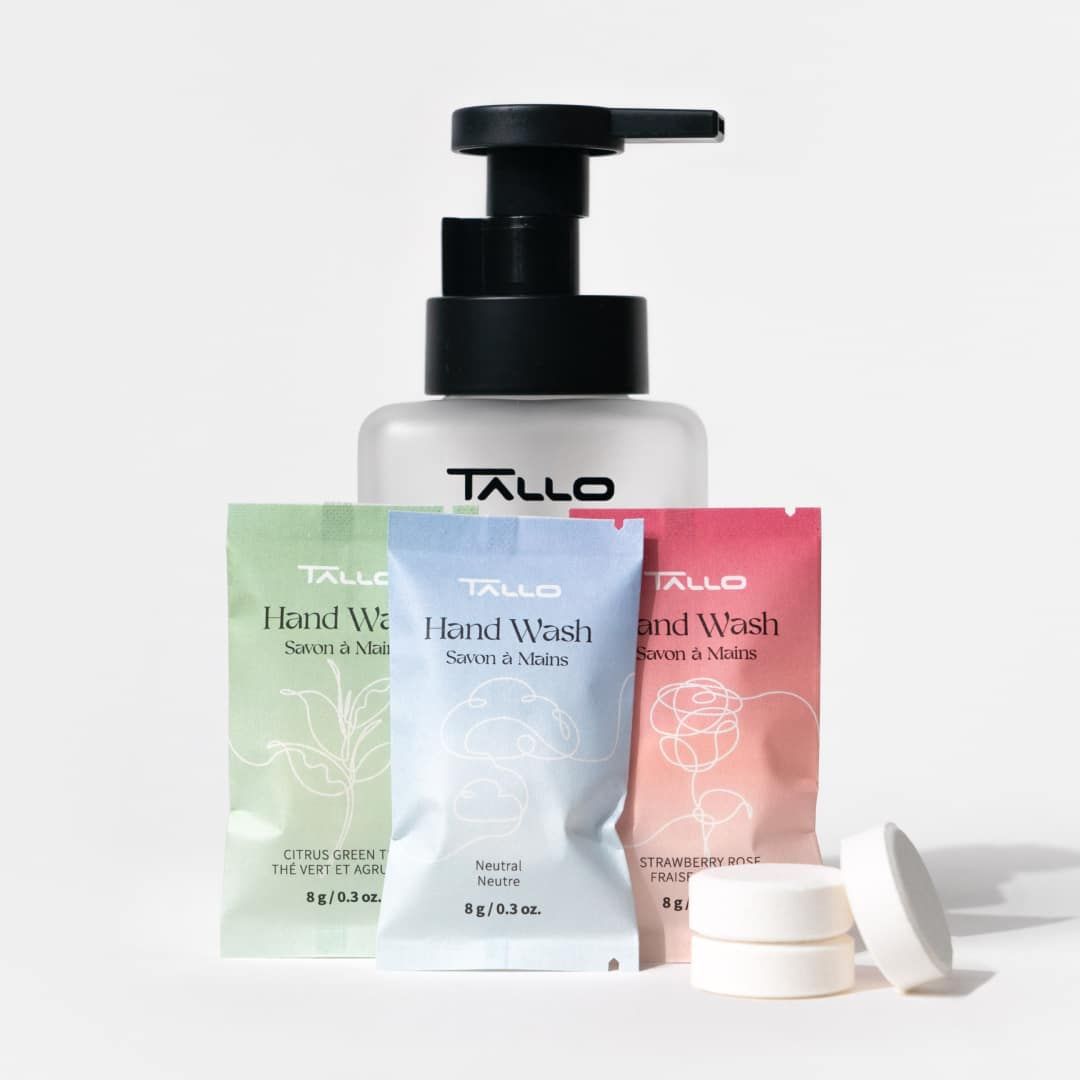
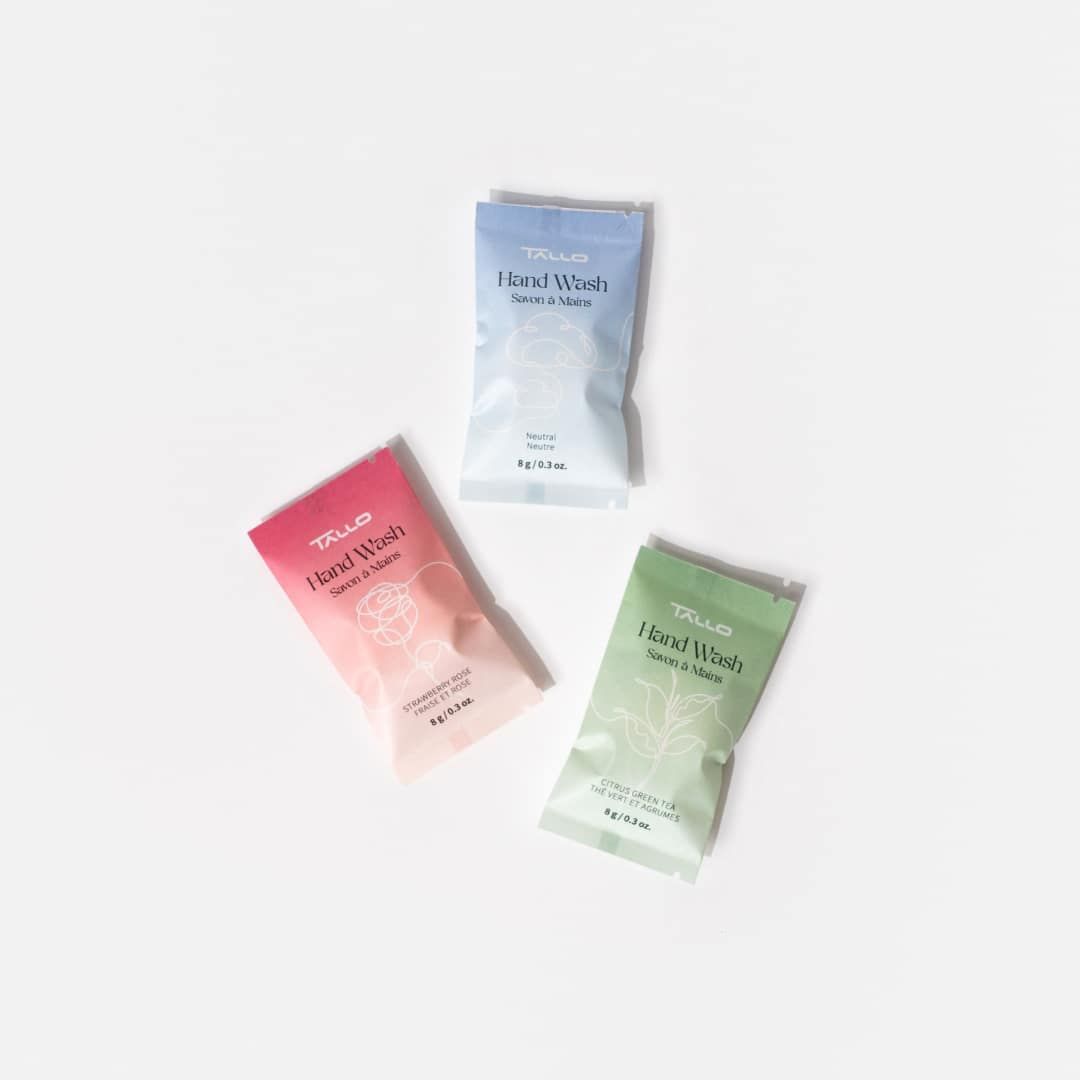
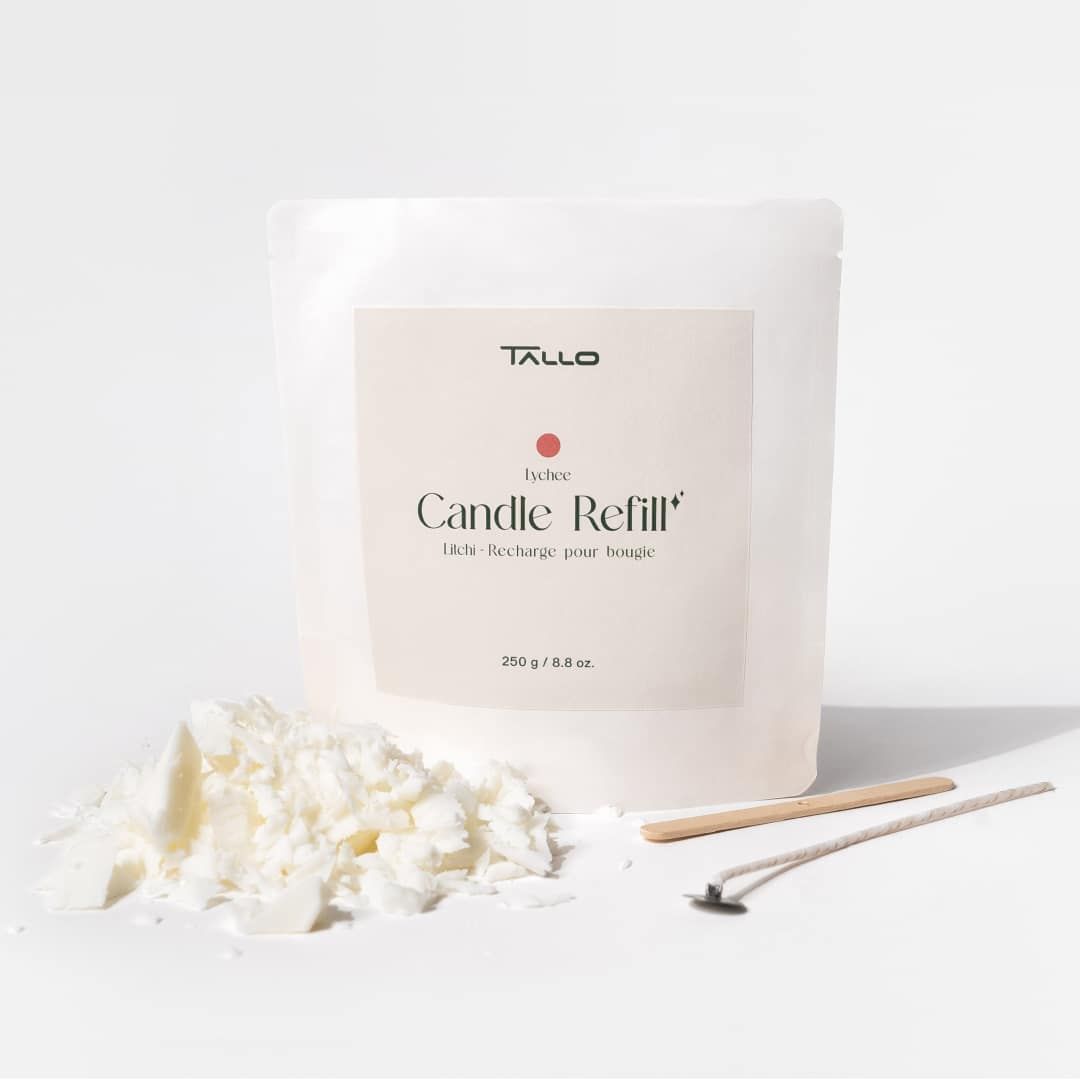








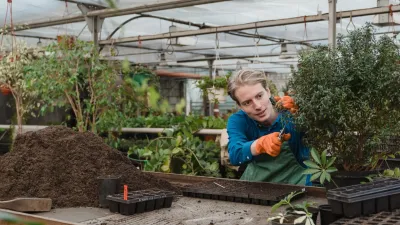

Leave a comment